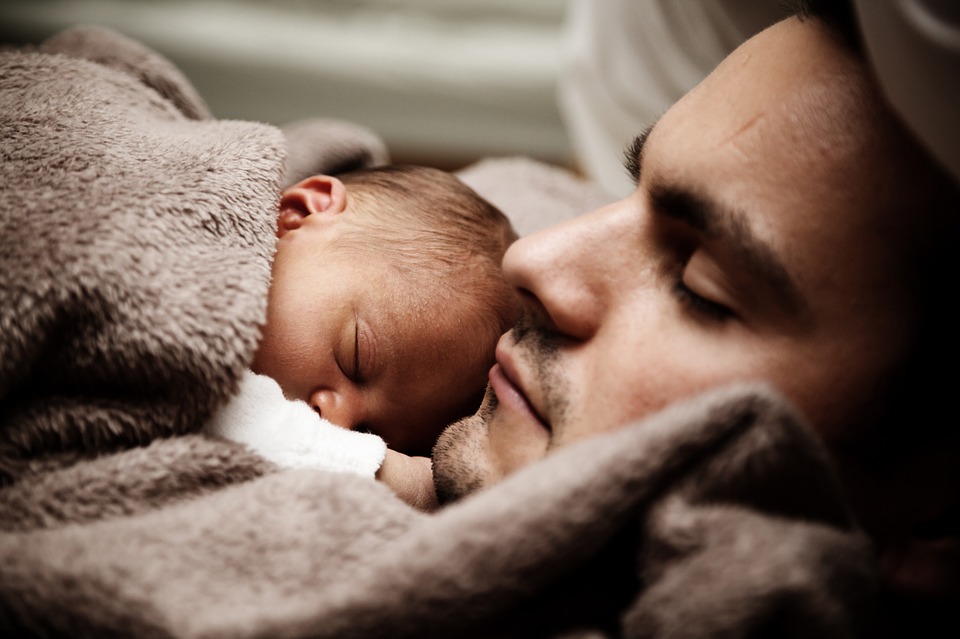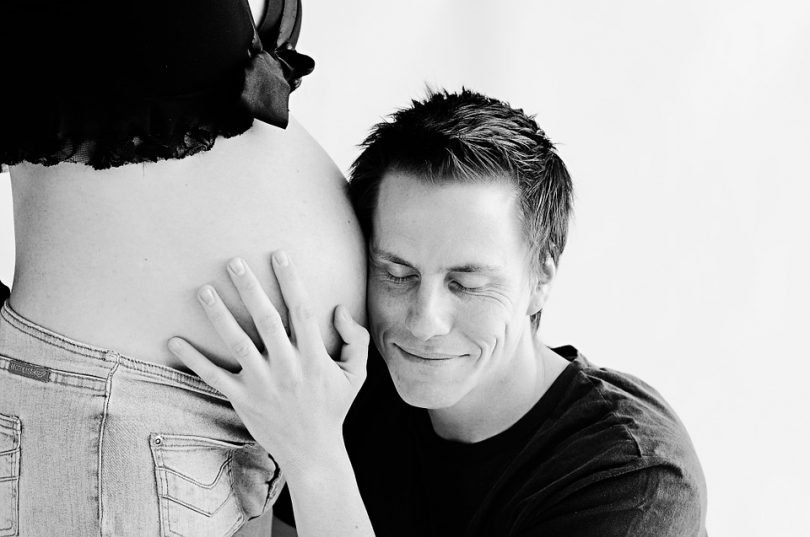Here are three ways a man’s body could change after becoming a father.
We belong to a group of less than six per cent of mammal species in which fathers play an important role. The only instinct or responsibility the father does not acquire is nursing. However, just like a mother, a father‘s brain goes through changes. Those changes can have significant impacts on the body. Here are changes a soon-to-be dad or a recent dad might experience:
Hormonal changes

According to psychology studies from Princeton University, new fathers seem to experience significant hormone changes. After a man becomes a dad, his level of estrogen, oxytocin, prolactin, and glucocorticoids might increase.
Although most of us know estrogen to be the “female” hormone, men also need to in order to have a healthy sexual function. Some research appears to show a link between oxytocin and dads showing more affection towards their children. While prolactin seems to play an important role in paternal behaviour.
Some research has shown a small decrease in testosterone level in new dads, which might play a role in decreasing aggressiveness. Whereas other research has shown an increase of testosterone, which seems to be linked in increased protective behaviours.
Weight gain

A study published in the journal Biology Letter shows that mammals can gain up to 20 per cent of their body weight when their mate is pregnant. Weight gain should positively impact males, as with more weight, there is an increase in energy to expend once the baby arrives.
Researches call this effect the “sympathetic pregnancy symptoms”. However, weight gain is not the only shared symptom in sympathetic pregnancy symptoms. Furthermore, dads to be might also feel nausea, headaches, backaches and other pregnancy effects.
Improved daddy brain

Studies show that soon to be dads experience an augmentation of their brain’s prefrontal cortex. The prefrontal cortex, located in the very front of the brain, is responsible for planning complex cognitive behaviour, personality expression, decision making and moderating social behaviour.
Moreover, the birth of a child seems to induce new neurons in the brain of fathers. According to researches, voles that meet their pups show an increased cell growth in the hippocampus region of the brain, which is linked to memory and navigation.
It is safe to say that becoming a father might be a scary thing for some, but we have physical dispositions to help us naturally becoming the best parent possible.








